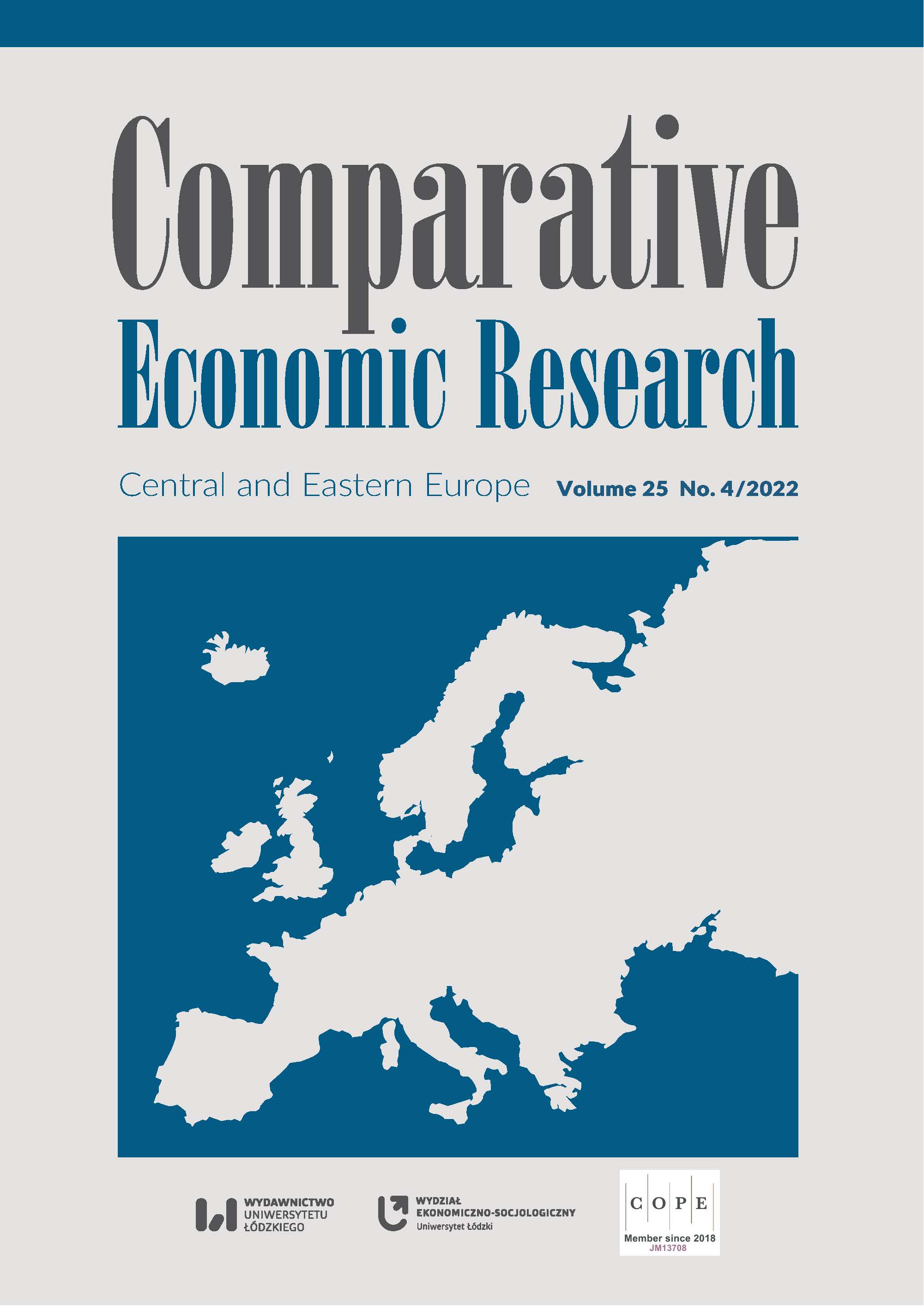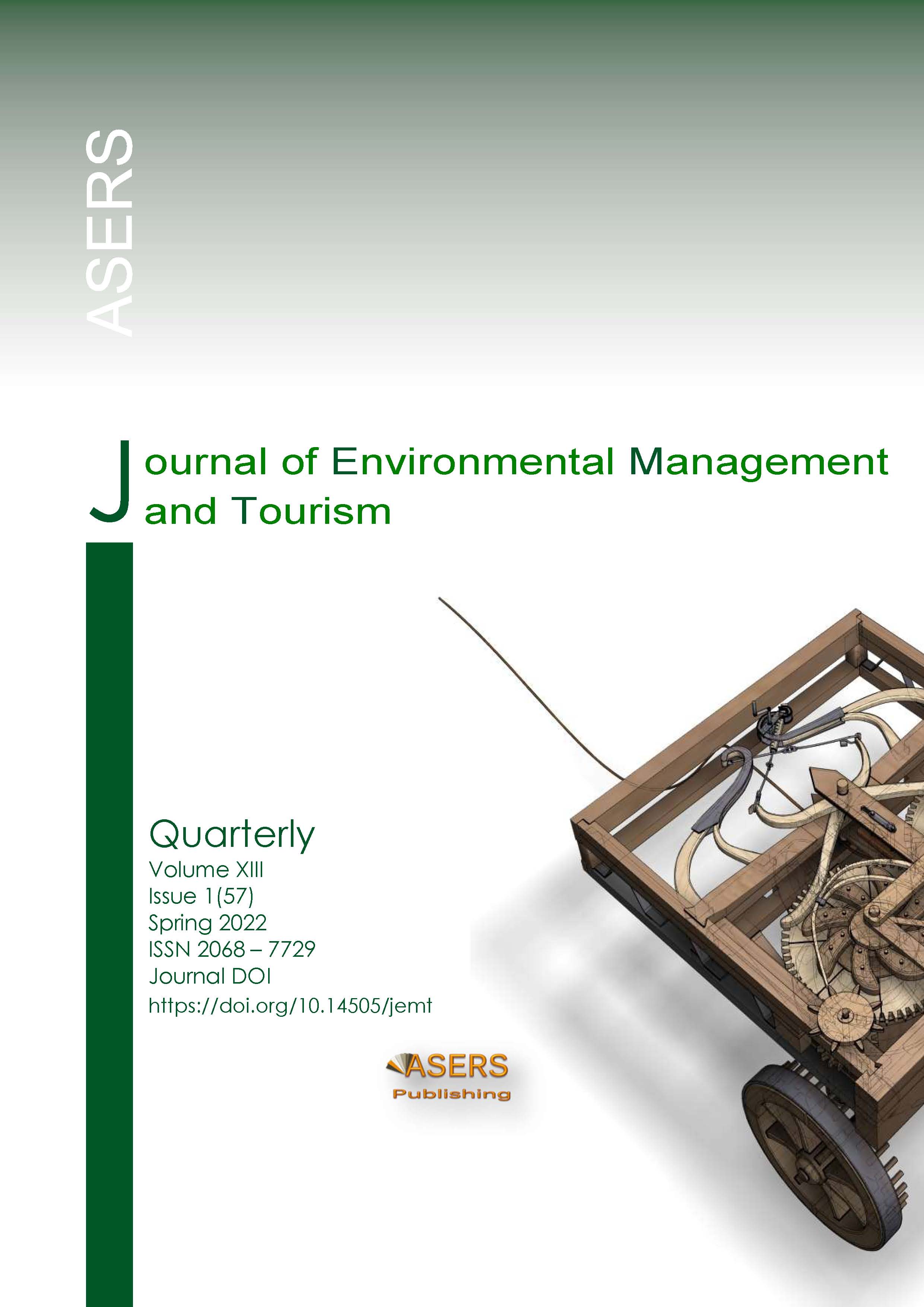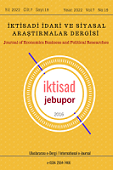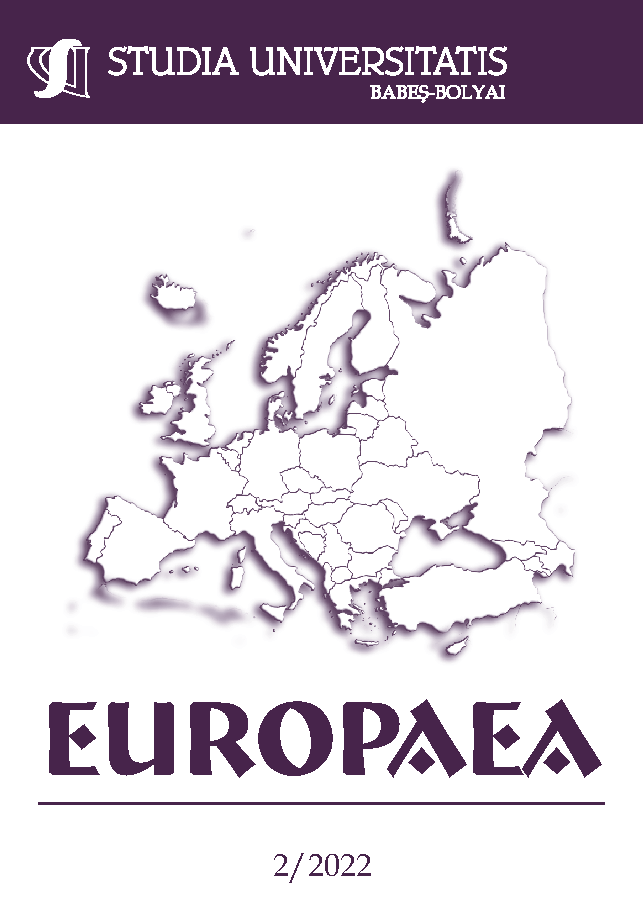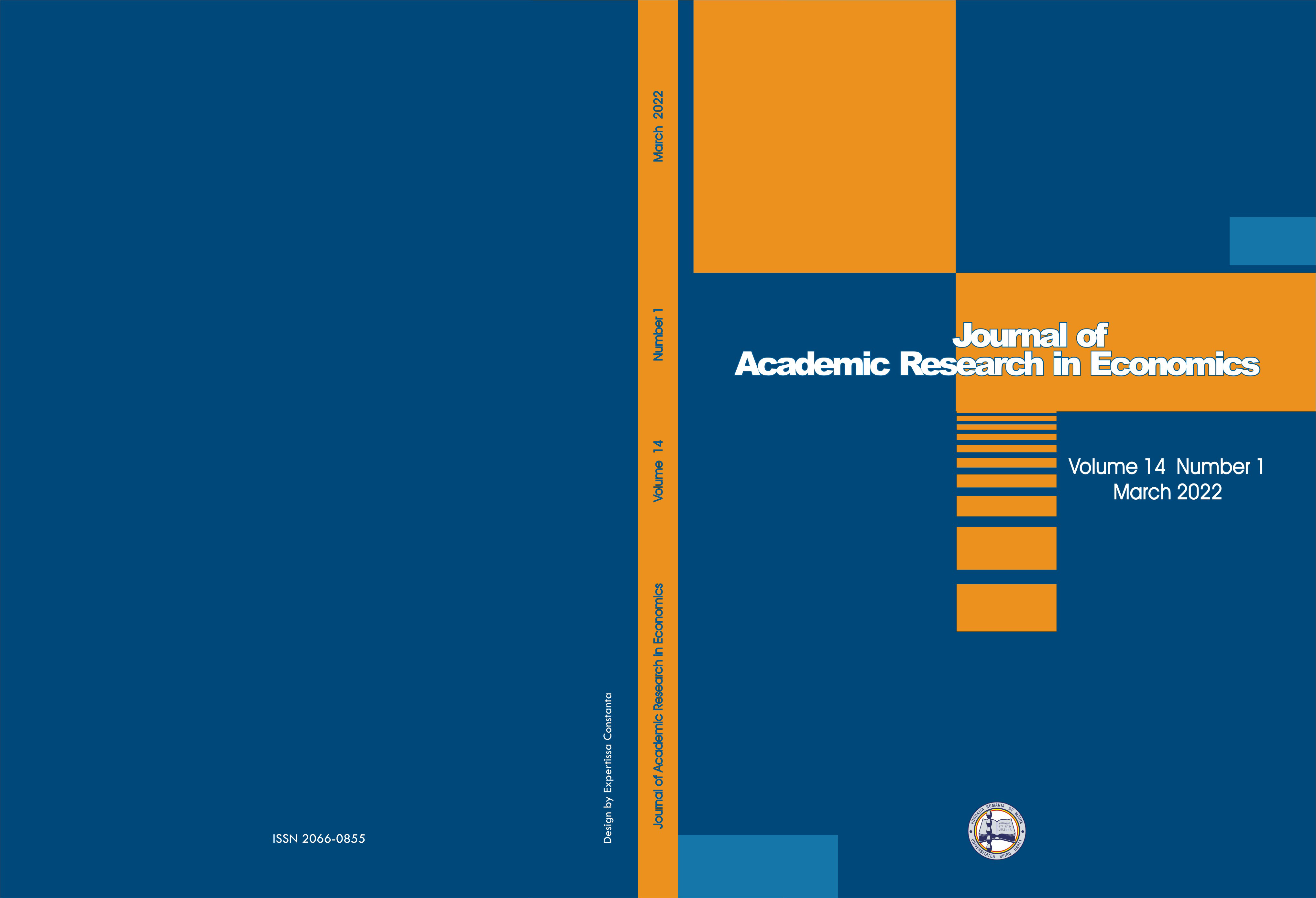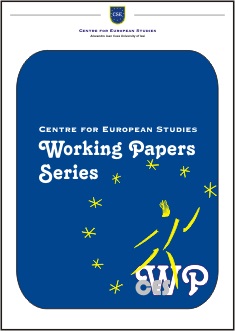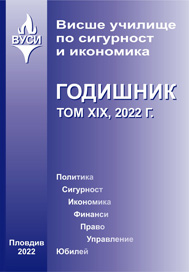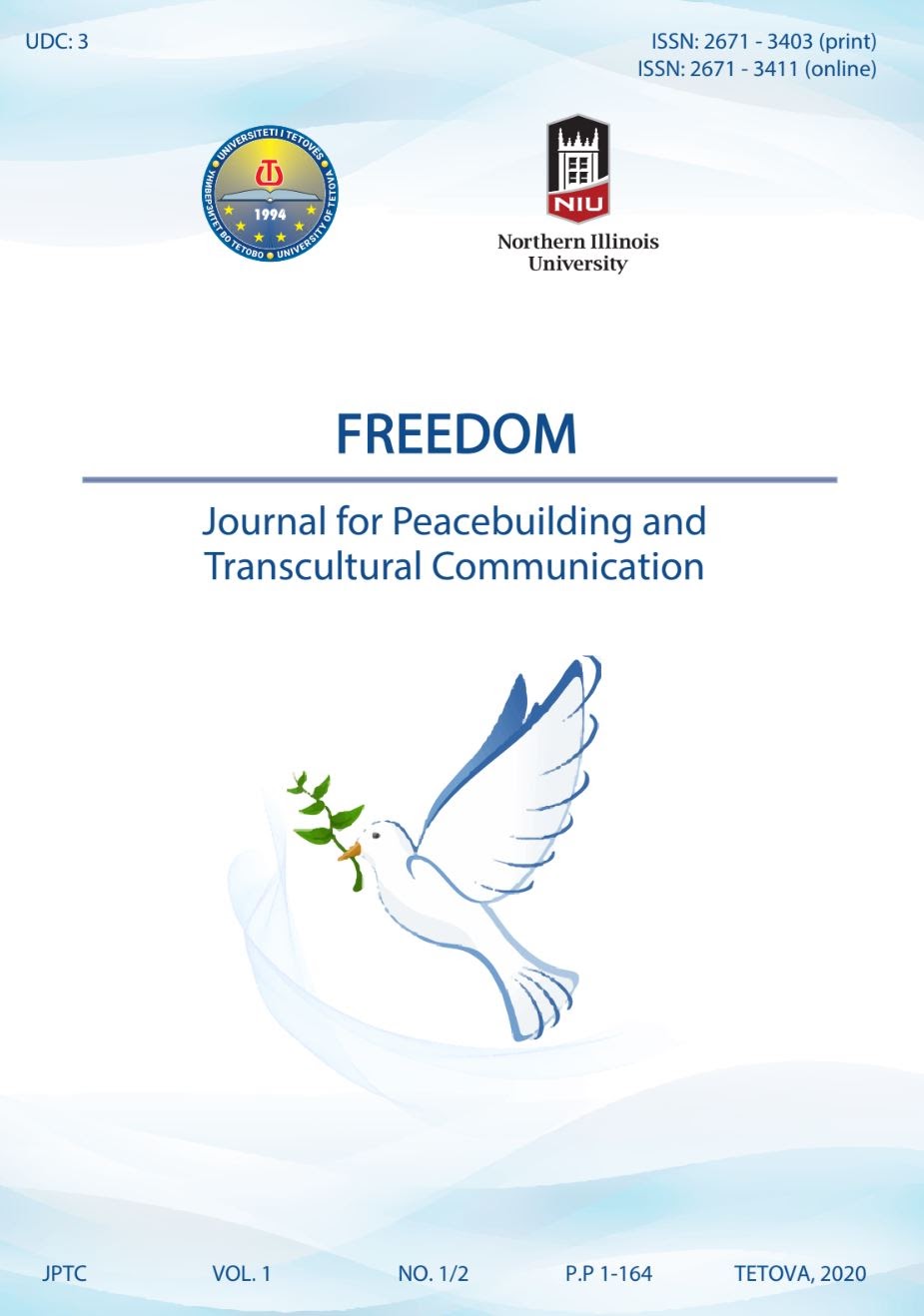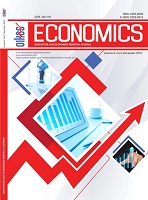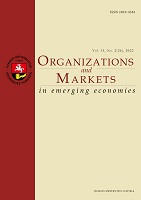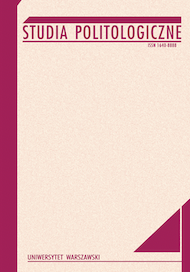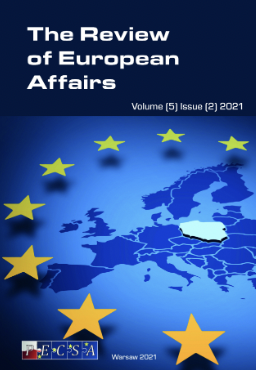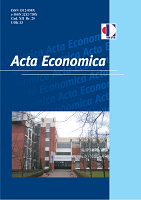
MACROECONOMIC ENVIRONMENT FACTORS AND SMALL BUSINESSES CREDIT ACCESSIBILITY
Research background: The importance of small businesses in developing economy like Nigeria cannot be over stressed. Small businesses need funds to actualize their objectives through operational activities. However, the conditions for accessibility of funds have been difficult. Purpose of the article: Therefore, the study examined macroeconomics environment factors and small business credit accessibility in Nigeria. Methods: The study adopted longitudinal research design and secondary source of data collection. The study employed robust least square as statistical analytical method. The findings showed that exchange rate does not have significant effect on credit to small businesses. Lending rate and liquidity ratio have significant effect on credit to small businesses. Findings & Value added: The study concluded that lending rate and liquidity ratio are the predictors and determinants for credit to small business in Nigeria. Thus, the study recommended that the controller of Nigerian economy should adopt measures to stabilise the country’s foreign exchange. Also, Central Bank of Nigeria should continue with the way and manner at lending rate and liquidity ratio are being maintained. Also, the government through the apex bank should establish a commission or set up a committee that will oversee and monitor the credit to small business operators if the credits are judiciously utilized. The study added that only liquidity ratio and interest rate affect the accessibility of funds by the small businesses. The findings of the study will be useful for controller of Nigerian economy and small business owners.
More...
